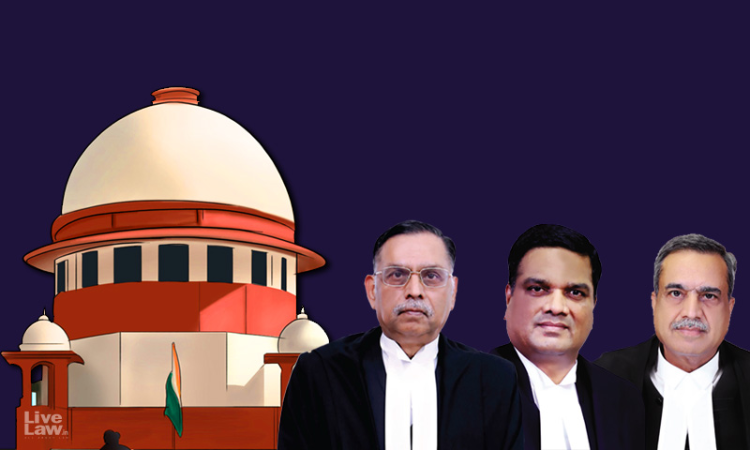The Supreme Court has directed the Madras High Court to decide the constitutional validity of Section 40(a)(iib) of the Income Tax Act.Tamil Nadu State Marketing Corporation Ltd. had approached the Apex Court challenging the High Court order dismissing the writ petition filed by it challenging the validity of Section 40(a)(iib) of the Income Tax Act, 1961.This provision deals with disallowance...

